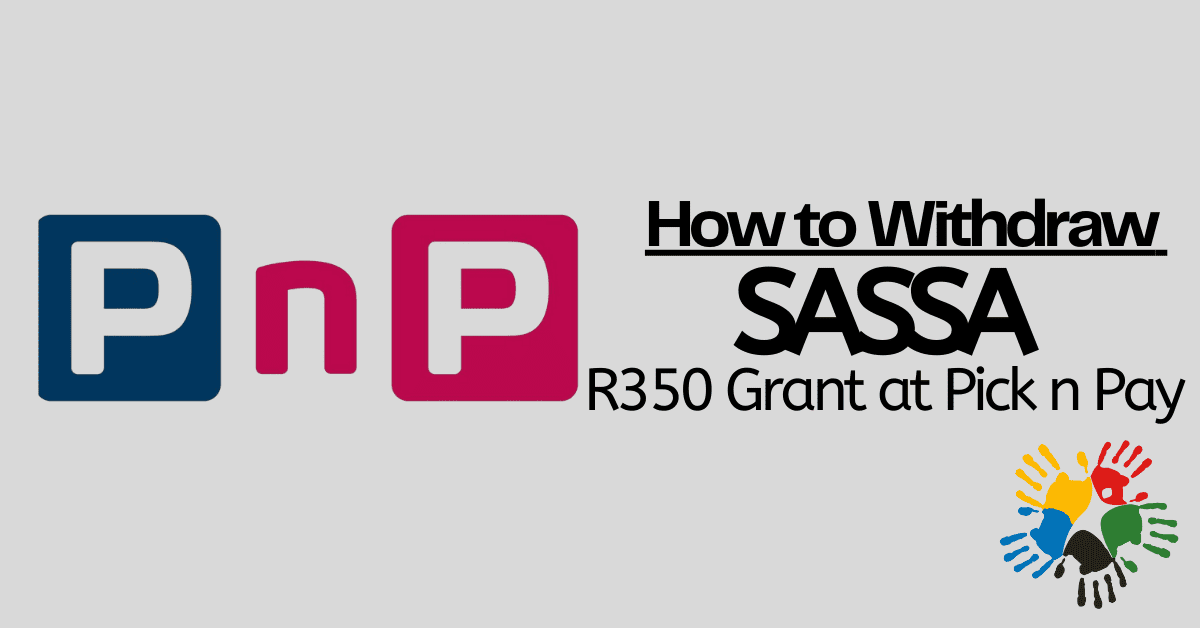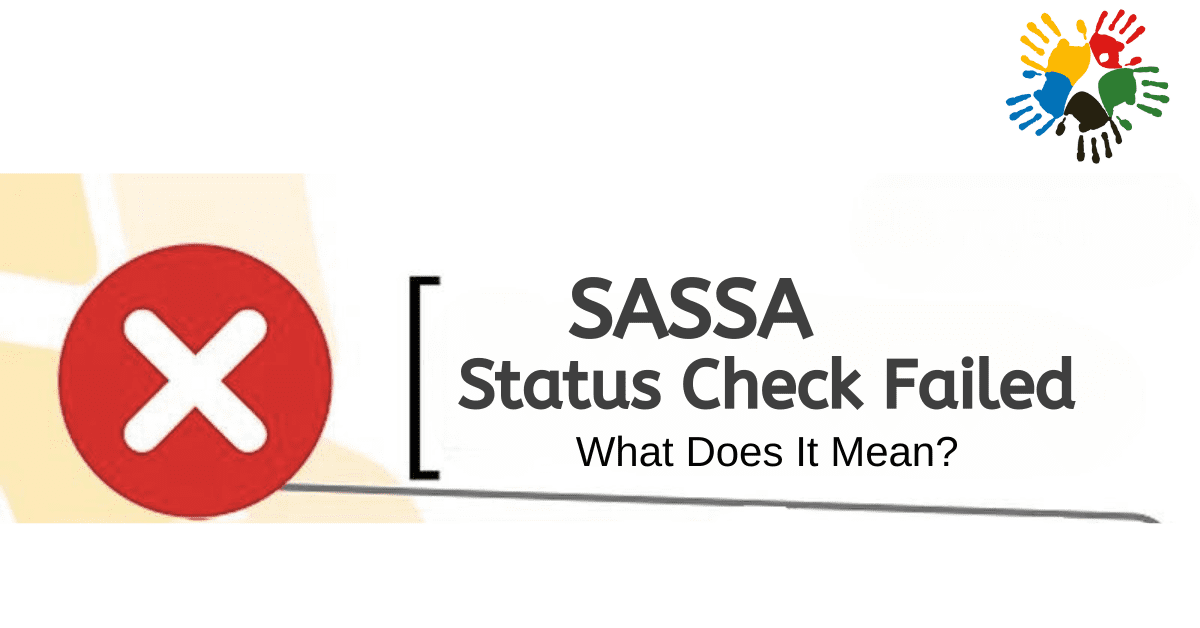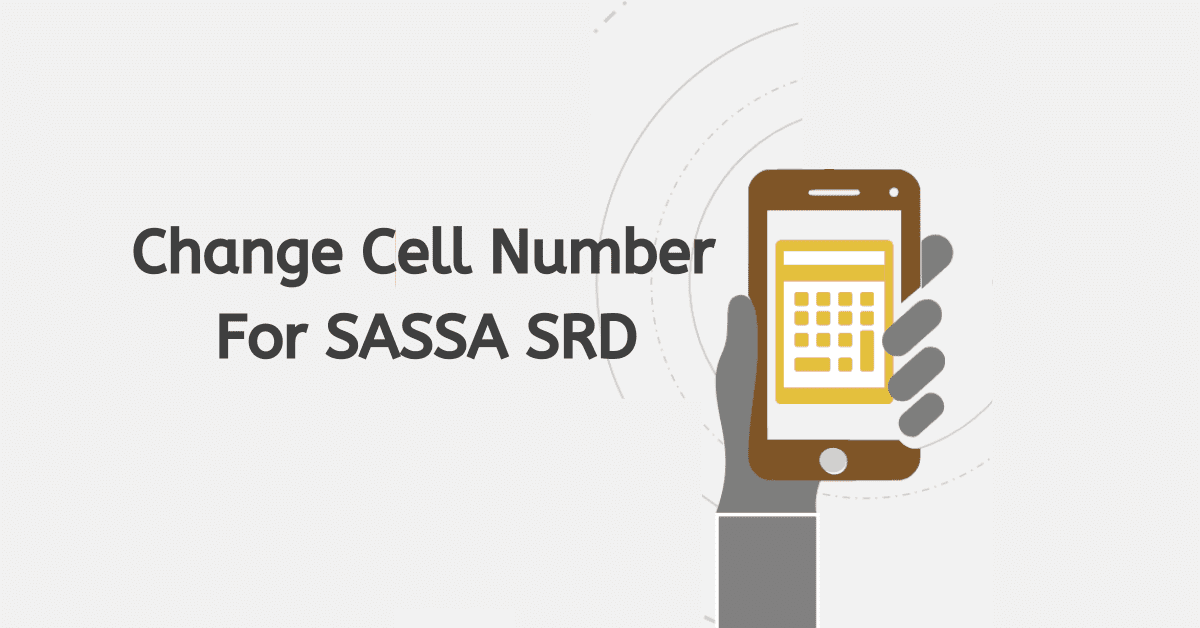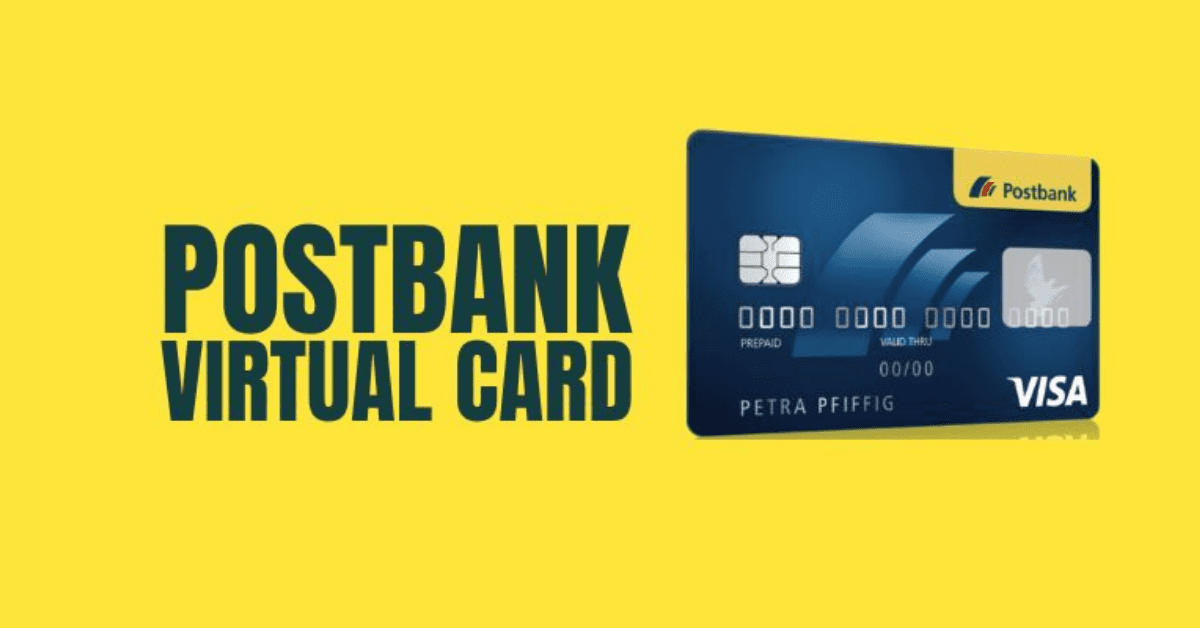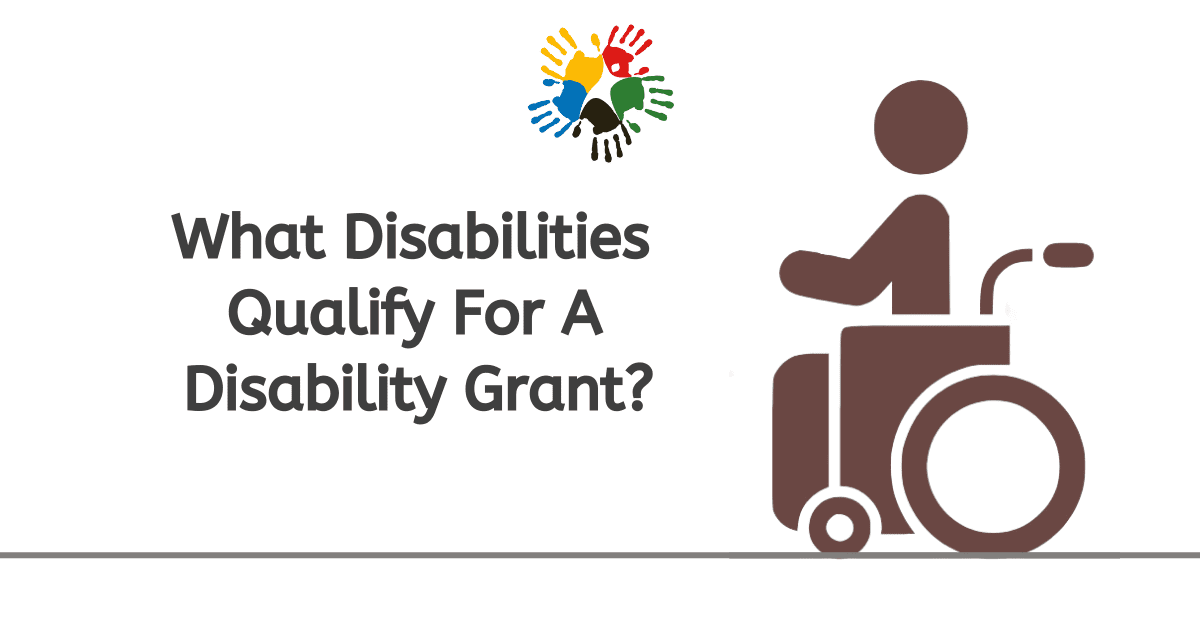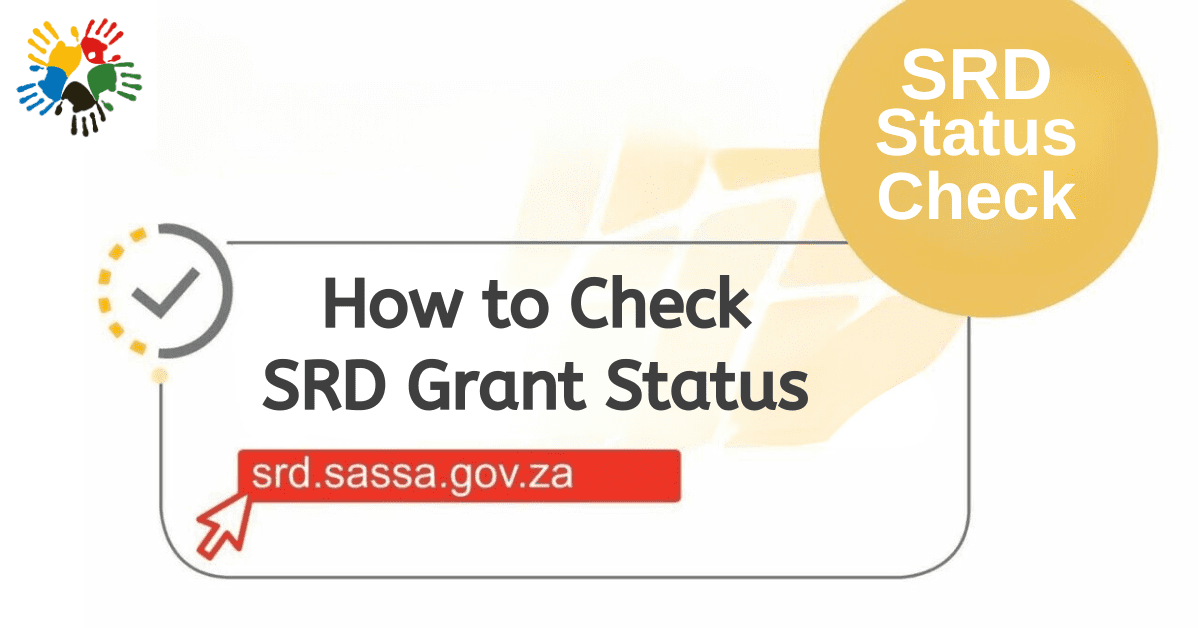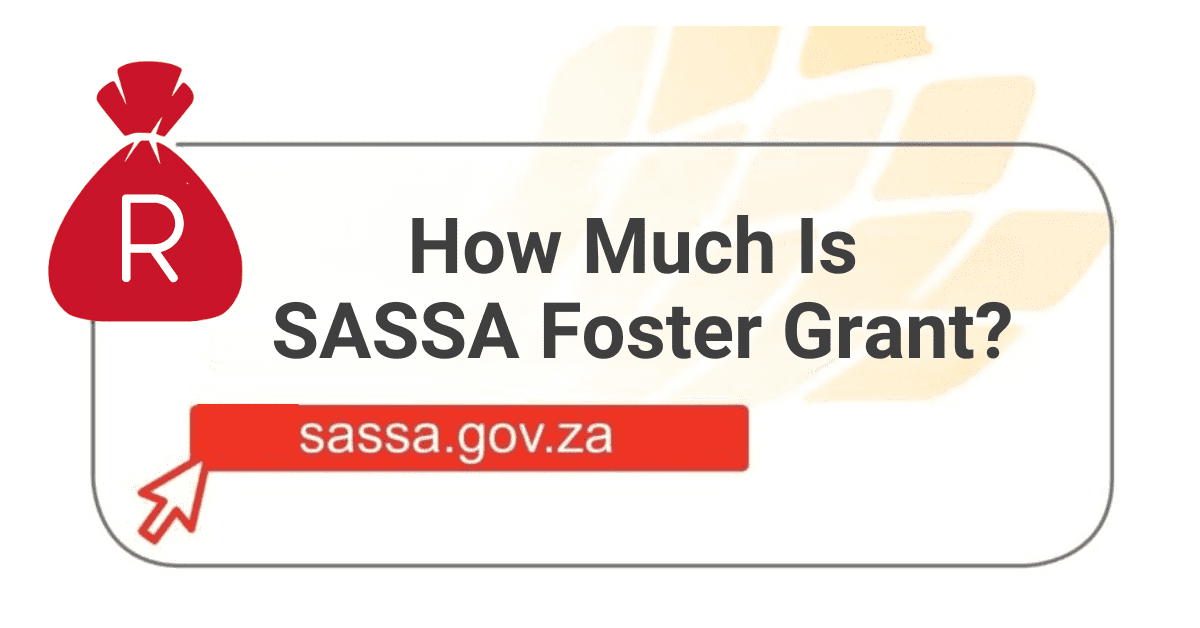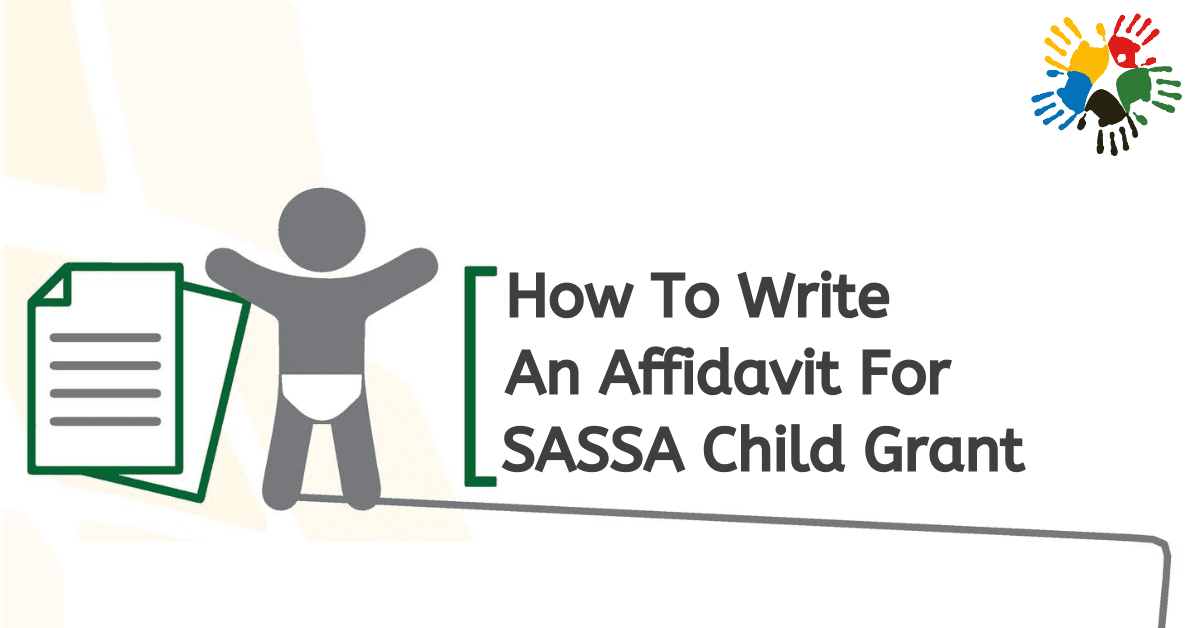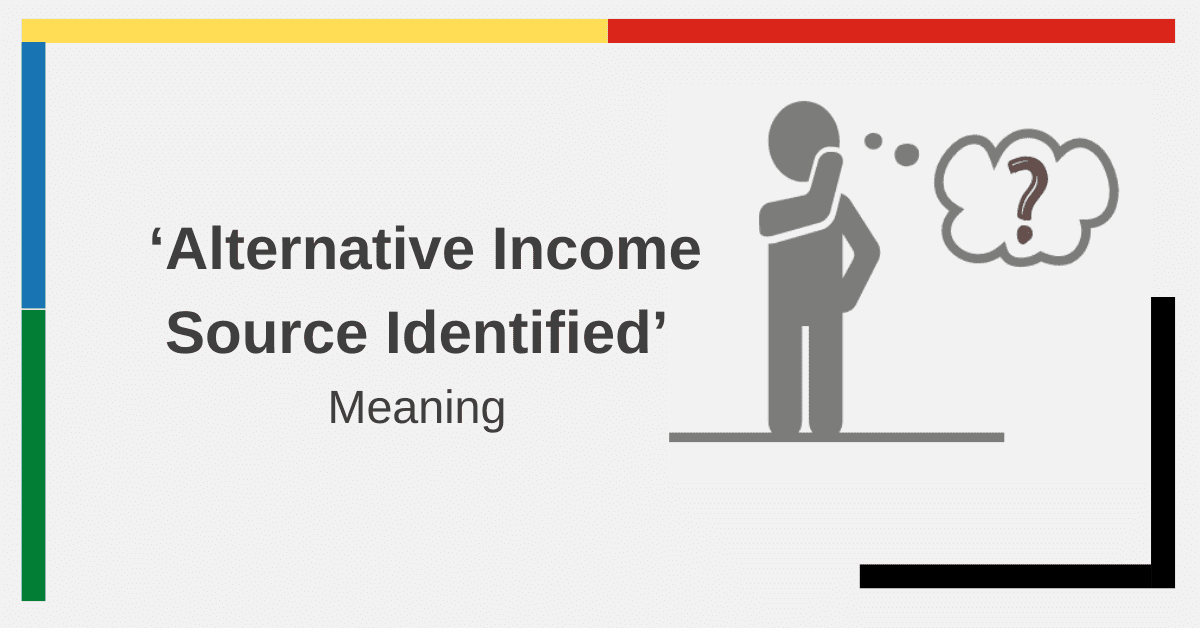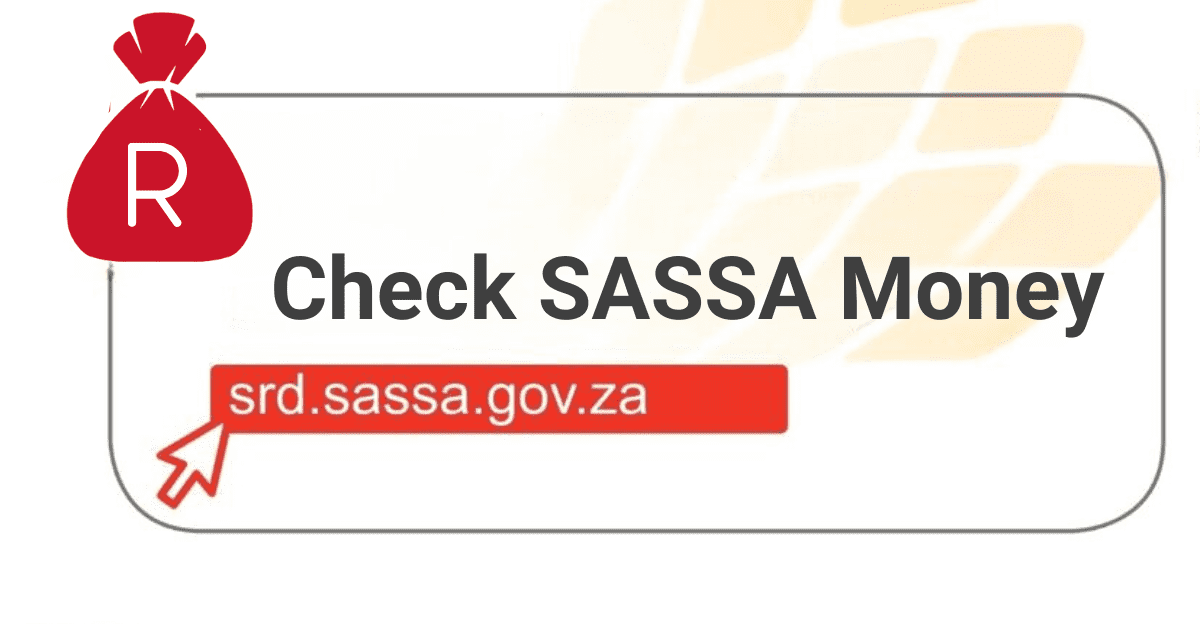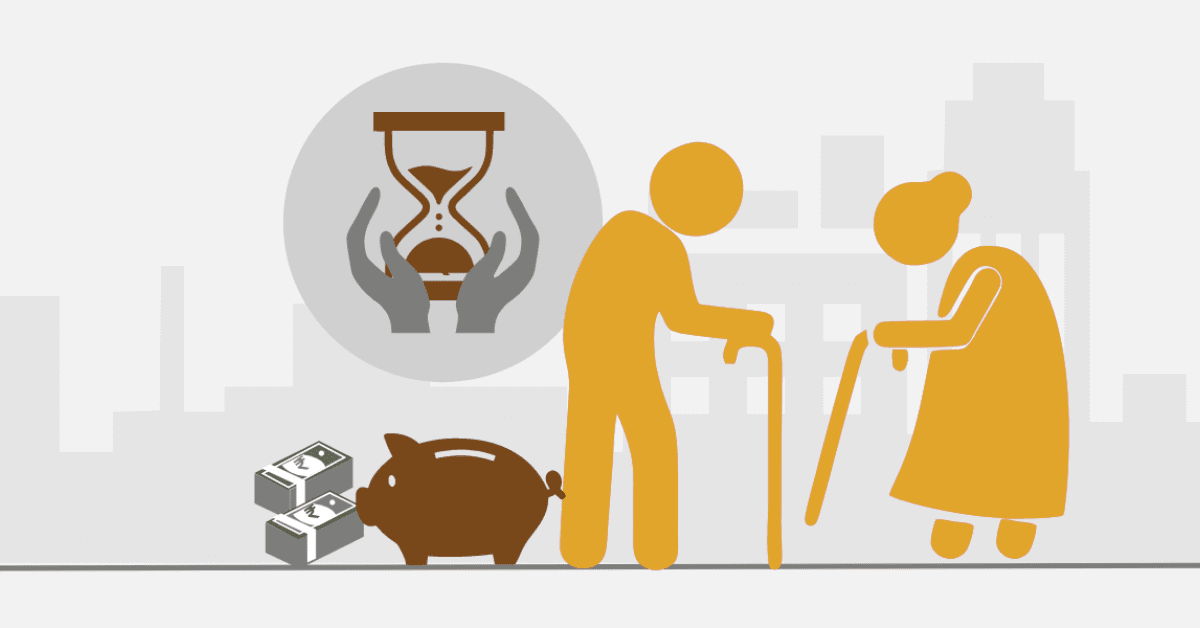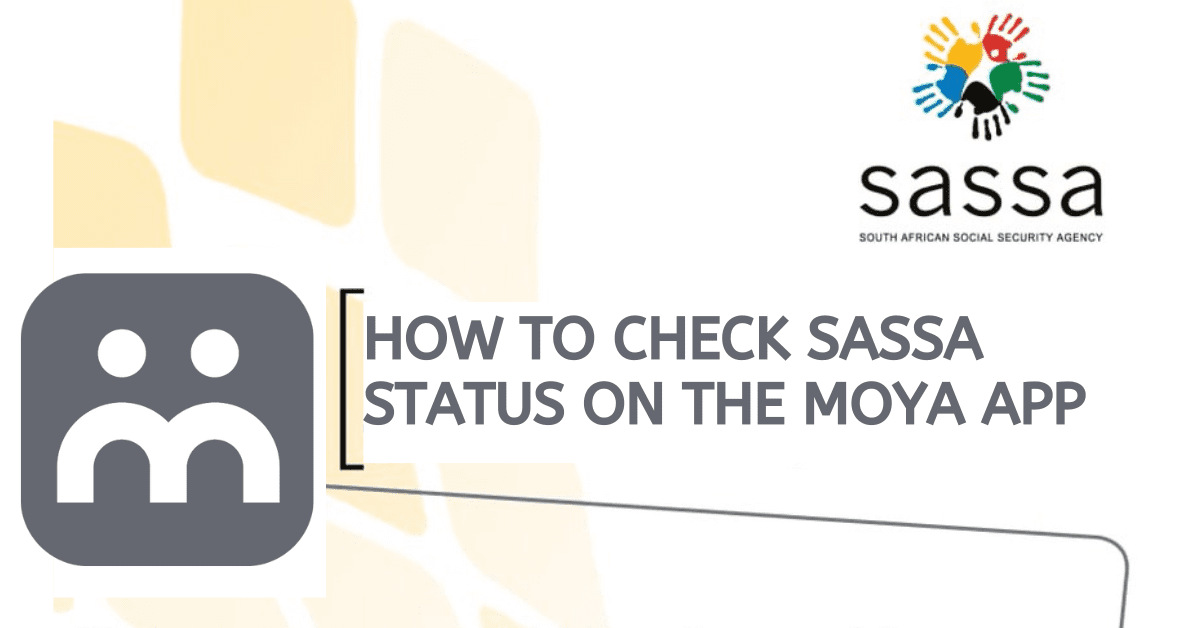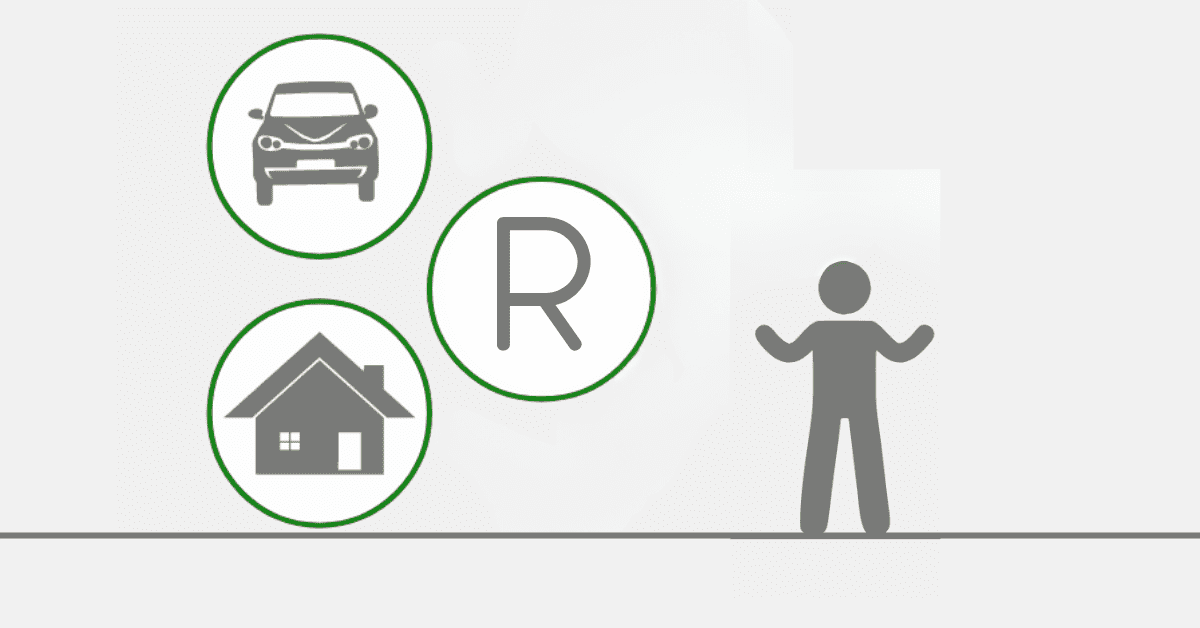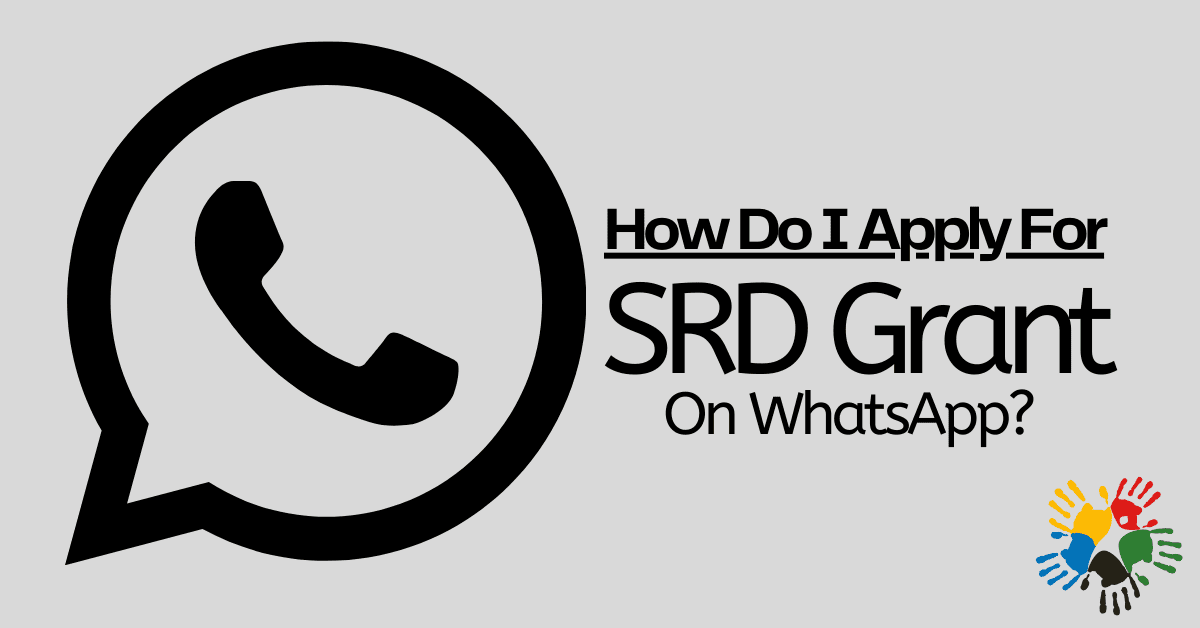The social relief distress grant managed and controlled by the South African Social security agency has been a vital source of revenue for the vulnerable in South Africa.
The social relief distress grants look at bridging low incomes and providing for people experiencing poverty. The grant is to provide some sort of relief for individuals who cannot afford the basic needs every human will need.
Mostly these reliefs are in the form of cash and tend to be periodic. As part of the policies of the South African Social Security Agency, they intend to alleviate poverty by providing minimum income to individuals with low or no income at all. It also looks at providing some support through education, job creation, and the healthcare system.
If you ever find yourself in distress and needy, you can always apply for the SASSA SRD grant. This grant is available for people who meet the criteria and are eligible.
However, there are times when applicants trying to access the SASSA SRD grant may receive a status message like “Self Exclusionary Response Found.”
Well, in this blog post, we will explore the meaning behind this feedback, what it means in the SRD grant approval, how to avoid the self-exclusionary SRD grant, and overall how to fix this status.
What does the self-exclusionary response found mean on SASSA status?
Do you get feedback on your SASSA SRD grant reading “Self-exclusionary response found”? Let us find out what this means.
After the passage implementation of the social assistance act, the requirements for the social relief distress grant were amended, and civil society organizations opposed this new change. This was because many people who may seem eligible were likely to be rejected and, in the long run, would not be able to receive any sort of grant from SASSA.
This self-exclusionary response showed the rejected applicants’ status. This term is most like to pop up when an applicant’s information provided has some sort of discrepancies in the SASSA system, creating a conclusion that the applicants may not be eligible for this grant or, in the long, will not be able to get approval for this grant.
This notification that applicants may receive indicates the inconsistency in the details provided and needs additional review and evaluation.
What does it mean when SRD grant is approved but says self-exclusionary response found?
Having to receive an SRD grant approval but your status indicated a self-exclusionary response found can be very confusing and depressing.
One thing about the SASSA system is that it interconnects with other South African organizations. These systems are bridged together in order to ensure quick review and efficiency, reduce timelines and avoid double payments or any sort of fraudulent activities.
However, sometimes these systems created to protect us go against us, making it very difficult to access grant when you really need them.
Have you seen your SRD grant approved, but it says self-exclusionary? – here is what it means and what you need to know about that.
There are instances where someone can easily get approval for an SRD grant based on meeting the requirements. And there are instances where further review may pull out information indicating that the person is not eligible for the grant.
Indeed, this is possible, and that is when most people may find their SRD grant status reading approved but later see the feedback as “self-exclusionary.”
When this happens, it clearly means there has been a step jump in the system processes. There could be a possibility that the details submitted may later be confirmed and indicated as incorrect. There are times when your qualifications for the SRD grant could be doubted later by SASSA. When this happens, you will later receive the message that says “Self-exclusionary.”
The main meaning is that SASSA prefers to have a fair and free system. Where there is an impression that the applicants may be receiving some sort of support that does not qualify for the person to receive a grant from SASSA, that is when this kind of message pops up later. SASSA expects all applicant details to be well reviewed and evaluated before any approval is granted, but sometimes the system can jump specific processes.
How to avoid self exclusionary SRD grant rejection?
Self-exclusionary can be avoided in the SRD grant; this can be exciting news for applicants facing this issue. The self-exclusionary will be the feedback that indicates you do not qualify for the SRD grant. Meanwhile, your eligibility may be right, but the system can easily reject it.
People get the self-exclusion rejection by answering “yes” to receive are working and whether they are receiving any income more than R370 per month. If this happens, you will be rejected. So how can I avoid this SRD grant rejection?
Here are a few suggestions on how to avoid self-exclusionary SRD grant rejection.
First, you need to read the questions carefully before answering them. Understanding the content and context is very important as it plays a role in your SRD grant approval. If you do not understand the questions and answers to provide, you can always seek further assistance by calling the SASSA helpline.
Secondly, answering “yes” to receiving any grant of more than R370 per month and working at the moment will put you on the rejection list. If you are not within this category, make sure to select no.
Doing the above things can increase your chance of getting approval for the SRD grant and will prevent you from excluding yourself from the grant.
How do I fix self exclusionary response?
It can be disheartening to come across a self-exclusion message while checking your SASSA status, especially if you were previously approved for the SRD grant. If you want to increase your chances of getting the Social Relief of Distress grant, it’s important to understand the message behind the status update, take measures to prevent rejection and follow the required procedures to address any issues.
The best way to fix the self-exclusion is to submit an appeal to SASSA for your application to be reviewed. Avoid any duplicate application on the SASSA, as this can result in a complete blacklisting from the SASSA system.
Those who wish to fix self-exclusion can visit the SASSA appeal page www.srd.dsd.gov.za/appeals/ to make the necessary changes to the information provided.
Answer no to all questions that ask about you receiving any grant or having some sort of employment. Be sure to give the right information and not provide false information.
